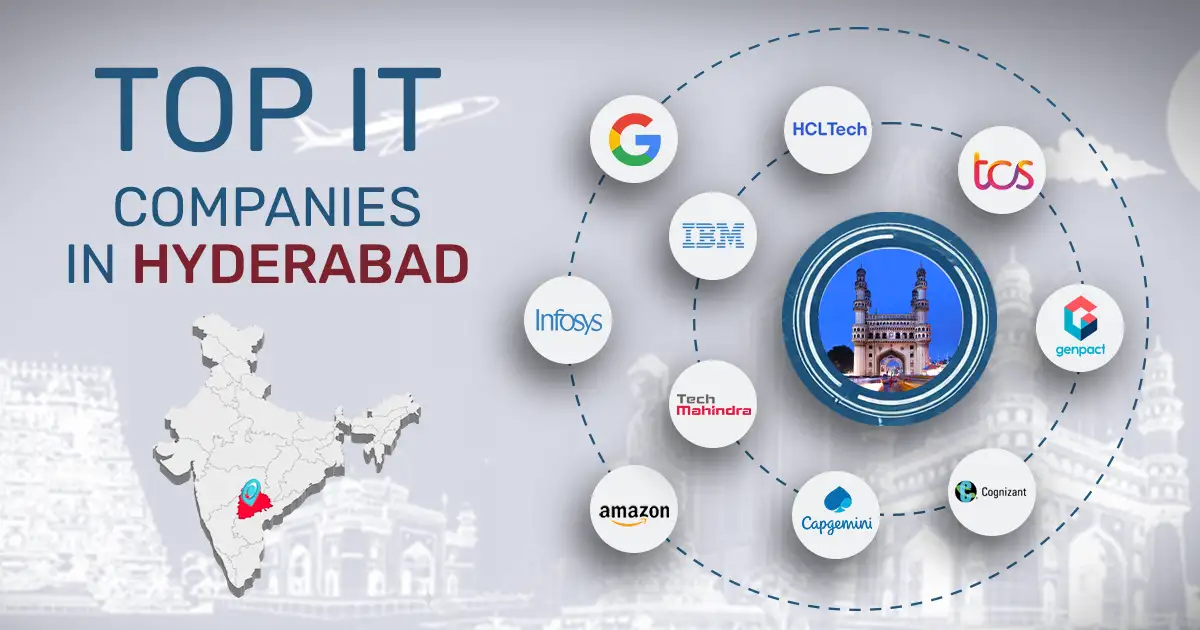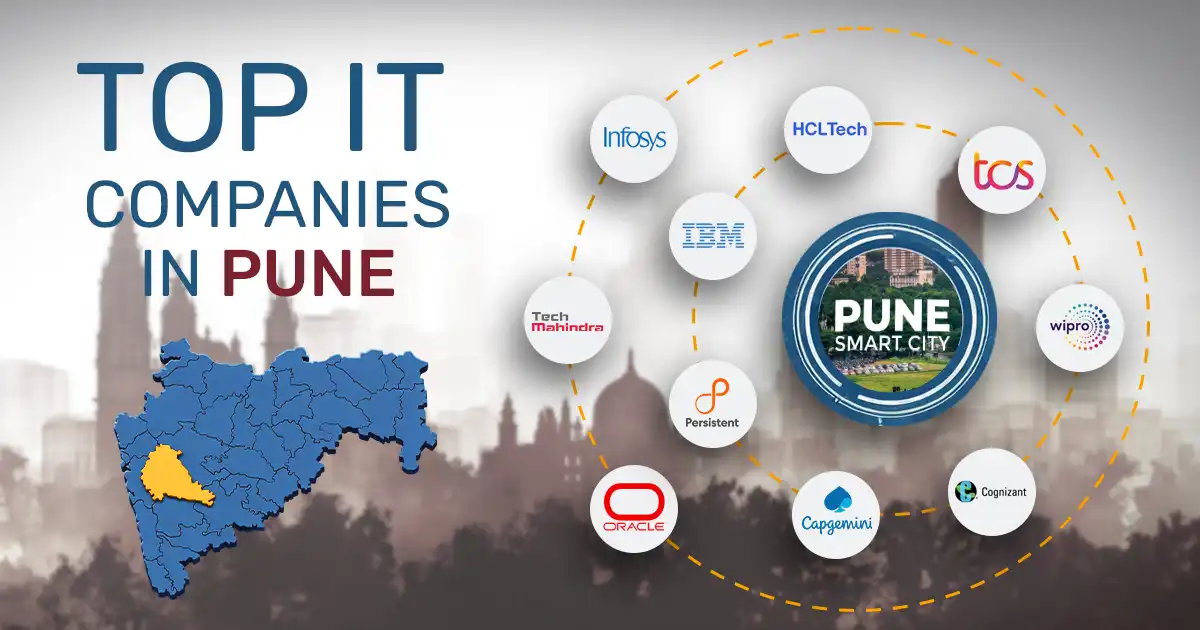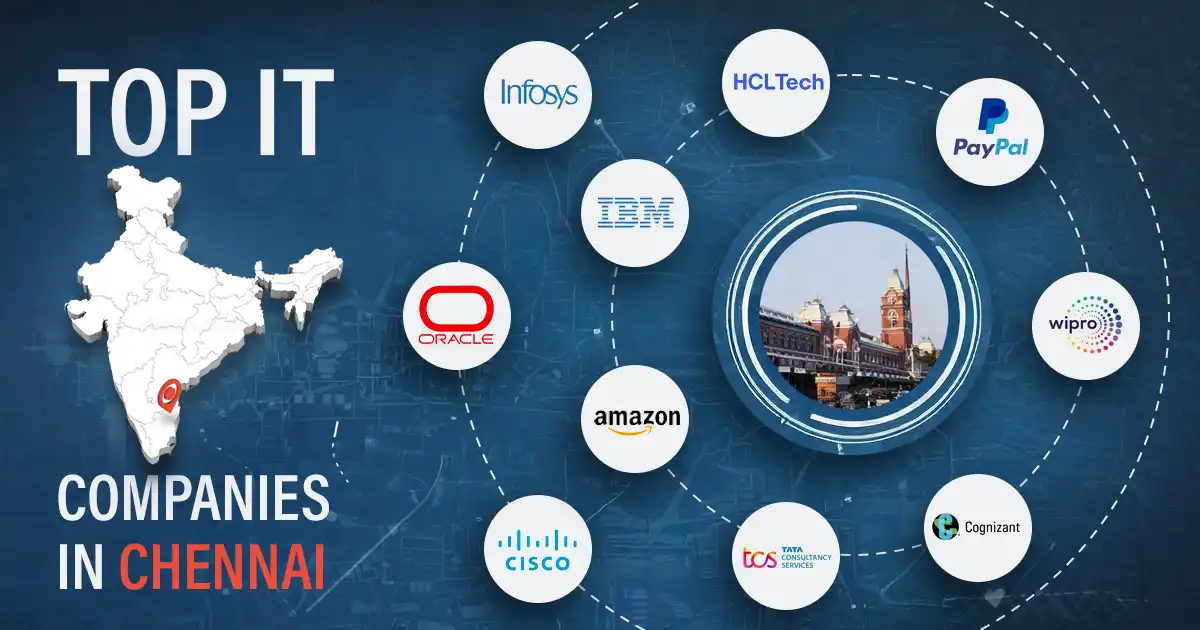
Farmer Producer Company: Meaning, Benefits, and FPC Registration Process
Introduction
India’s agricultural landscape is evolving, and small farmers often face challenges like limited market access, low bargaining power, and financial hurdles. A farmer producer company (FPC) is a game-changing entity that allows farmers to work collectively while enjoying corporate benefits. But what exactly is a farmer producer company, and how does it help in agricultural transformation?
In this article, we will explore the FPC registration process, key benefits, and the role of NABARD in FPC development. We will also discuss government support available through government schemes for FPC and compare it with other agricultural models.
What is a Farmer Producer Company?
A farmer producer company (FPC) is a legally recognized entity under the Companies Act, 2013, specifically designed to empower farmers by giving them a corporate structure. It combines the best aspects of cooperatives and private enterprises, enabling farmers to collectively buy inputs, sell produce, and access financial and technological support.
Key Features of a Farmer Producer Company
- Registered under Section 581A of the Companies Act, 1956 (later updated in the Companies Act, 2013).
- Requires a minimum of 10 farmers or two producer institutions to be formed.
- Every member has equal voting rights, ensuring democratic decision-making.
- Profits are shared based on equity contribution rather than individual sales.
Benefits of Farmer Producer Companies
The formation of an FPC brings numerous advantages, ensuring better market access and financial stability. Benefits of farmer producer companies are as follows :
1. Better Bargaining Power
Farmers who operate individually often struggle with pricing. An FPC enables the collective purchasing of inputs (seeds, fertilizers) and selling of crops, securing better prices in the market.
2. Easy Access to Financial Support
- NABARD and other financial institutions provide subsidies and credit to FPCs.
- Access to priority sector lending from banks ensures affordable loans.
3. Market Linkages & Reduced Dependence on Middlemen
An FPC connects directly with retailers, wholesalers, processors, and exporters, eliminating intermediaries and increasing profits.
4. Government Support & Incentives
- SFAC (Small Farmers’ Agribusiness Consortium) offers equity grants and credit guarantees to registered farmer producer companies.
- Government schemes for FPC provide tax exemptions and financial incentives.
5. Access to Technology & Training
- Farmers in an FPC benefit from training programs on modern farming techniques.
- Technology adoption leads to improved agricultural productivity.
Eligibility for Registering a Farmer Producer Company
To qualify as an FPC, the entity must meet the following criteria:
- A minimum of 10 farmers or two producer organizations as members.
- Maximum of 200 individual members in one FPC.
- Directors must be farmers or representatives of producer institutions.
- The primary business activity must be agriculture-related.
FPC Registration Process: Step-by-Step Guide
The FPC registration process is simple and involves the following steps:
Step 1: Obtain Digital Signature Certificates (DSC)
Since registration is done online, all directors of the FPC need Digital Signature Certificates (DSC).
Step 2: Apply for Director Identification Number (DIN)
Each director must get a Director Identification Number (DIN) from the Ministry of Corporate Affairs (MCA).
Step 3: Reserve a Unique Name
Submit a name request using RUN (Reserve Unique Name) on the MCA portal. The name must end with “Producer Company Limited”.
Step 4: Draft MoA & AoA
The Memorandum of Association (MoA) and Articles of Association (AoA) outline the company’s structure, business model, and governance.
Step 5: File for Incorporation
Submit the SPICe+ (Simplified Proforma for Incorporating Company Electronically) form along with:
- PAN & Aadhaar of members
- Identity and address proof of directors
- Registered office details
Step 6: Obtain a Certificate of Incorporation
Once the documents are approved, the MCA issues a Certificate of Incorporation along with a Corporate Identification Number (CIN).
Step 7: Get PAN, TAN & Open a Bank Account
Obtain the company’s PAN (Permanent Account Number) and TAN (Tax Deduction Account Number) and open a bank account for financial transactions.
Government Schemes for FPC
Several government schemes for FPC offer financial aid and incentives:
- SFAC Equity Grant Scheme – Provides up to ₹15 lakh per FPC.
- NABARD Support for FPC – Offers working capital assistance.
- National Rural Livelihood Mission (NRLM) – Supports FPCs with funding and technical support.
- PM Kisan Samman Nidhi Yojana – Offers financial aid to small farmers.
Role of NABARD in FPC Development
The role of NABARD in FPC development is significant:
- Provides financial aid and working capital loans.
- Helps in capacity building through training and workshops.
- Supports market linkage programs to increase farmers’ profitability.
Challenges Faced by Farmer Producer Companies
Despite the benefits, farmer producer companies face several hurdles:
1. Lack of Awareness
Many farmers are unaware of the FPC registration process and its advantages.
2. Limited Access to Credit
While NABARD and SFAC provide loans, bureaucratic delays often hinder access to timely funds.
3. Market Challenges
- Competing with large agribusinesses is tough.
- Poor infrastructure and logistics make market penetration difficult.
Conclusion
A farmer producer company is an effective way for farmers to enhance income and reduce dependency on middlemen. By forming an FPC, farmers gain collective bargaining power, financial assistance, and better market access. With support from NABARD and government schemes for FPC, this model can transform Indian agriculture.
Want to Register an FPC? Let RegisterKaro Help!
At RegisterKaro, we make the FPC registration process hassle-free. Contact us today to establish your farmer producer company!




